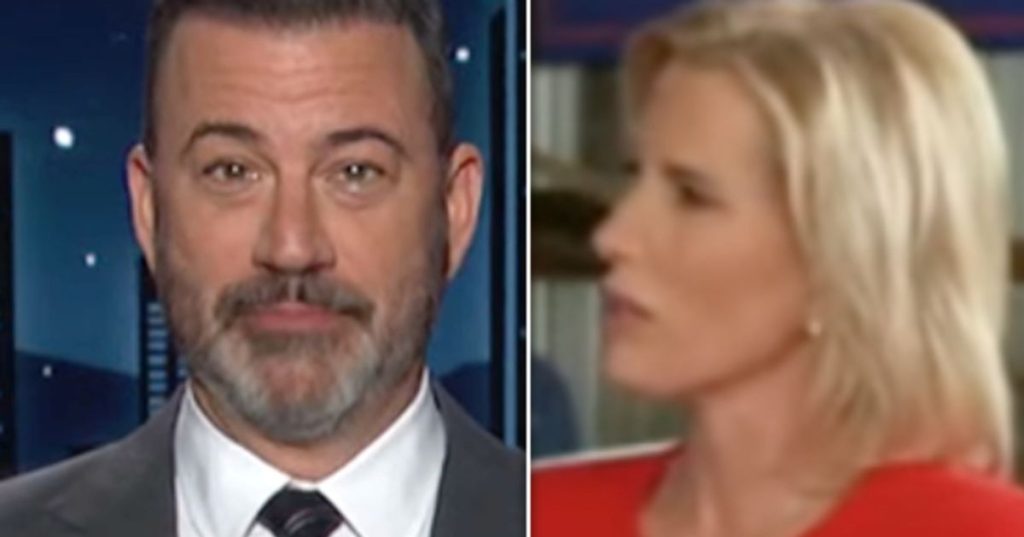On Tuesday, Jimmy Kimmel highlighted a notable moment when former President Donald Trump was fact-checked by Fox News host Laura Ingraham. Ingraham, a long-time supporter of Trump, challenged several false claims he made about the recovery efforts following Hurricane Helene during a Fox News Q&A session. Kimmel pointed out that this showed Trump’s consistent pattern of being wrong, particularly when he inaccurately claimed that the current hurricanes hitting the U.S. were unusual because it was late in the season, even though hurricane season runs until late November. Kimmel noted that even Ingraham wasn’t buying Trump’s attempts to politicize the natural disasters by attacking Democratic rival Vice President Kamala Harris.
Kimmel joked about Ingraham being in trouble for fact-checking Trump, highlighting the unusual situation of a prominent Trump supporter calling out his false statements. This moment underscores the power dynamics within conservative media and the growing divide within the Republican party over Trump’s continued influence. Kimmel’s commentary brings attention to the importance of holding political leaders accountable for their statements, regardless of their party affiliation. By highlighting this instance of a Fox News host challenging Trump, Kimmel emphasizes the need for honesty and integrity in political discourse.
The fact-checking of Trump by Ingraham serves as a reminder of the responsibility that journalists and media personalities have in presenting accurate information to the public. In an era of misinformation and fake news, it is crucial for individuals in positions of influence to challenge false narratives and provide accurate context. Kimmel’s monologue reflects a broader trend of media figures questioning the credibility of political leaders and holding them to account for their statements. By shining a light on instances where public figures are misleading the public, Kimmel contributes to a more informed and engaged citizenry.
The exchange between Trump and Ingraham illuminates the complexities of political messaging and the ways in which misinformation can be perpetuated even within supportive media environments. By pointing out Trump’s inaccuracies and Ingraham’s pushback, Kimmel draws attention to the challenges of navigating a political landscape where misinformation is prevalent. In doing so, Kimmel underscores the importance of critical thinking and media literacy in evaluating political statements and understanding the broader implications of misinformation. His commentary serves as a call to action for viewers to engage critically with political content and challenge false narratives.
Kimmel’s monologue highlights the broader implications of Trump’s false claims and attempts to manipulate narratives for political gain. By calling attention to the discrepancy between Trump’s statements and the facts, Kimmel demonstrates the power of media figures in shaping public perception and influencing political discourse. Ingraham’s decision to fact-check Trump represents a rare instance of accountability within conservative media circles and suggests a potential shift in how political figures are held to task for their statements. Kimmel’s commentary serves as a reminder of the importance of truth and accuracy in political communication and the role that media figures play in upholding these principles.
Ingraham’s fact-checking of Trump and Kimmel’s response to this exchange underscore the evolving dynamics of political discourse in the media landscape. The juxtaposition of a Fox News host challenging a former president highlights the shifting allegiances and alliances within the conservative movement. Kimmel’s commentary serves as a reflection of the broader trends in media and politics, where truth and accuracy are increasingly valued and misinformation is being confronted more directly. By drawing attention to this moment of accountability, Kimmel contributes to a more transparent and informed public dialogue, encouraging viewers to critically evaluate political messaging and hold leaders accountable for their statements.








